Britain's deepest postwar recession has led to record numbers of self-employed people, who are earning lower wages and working longer hours than other workers, a study suggests.
Self-employment in the UK is at its highest level since records began almost 40 years ago, according to a report by the Office for National Statistics, with taxi-driving, construction and carpentry among the most common jobs. There are 4.6 million people working for themselves, with the proportion of the total workforce self-employed at 15% compared with 13% in 2008, and 8.7% in 1975.
Fewer people left self-employment over the last five years than at any period in the last 20 years, with the ONS suggesting that they might have struggled to find an alternative job during the downturn. It also pointed to the increasing number of people choosing to work for themselves beyond the state pension age of 65.
The ONS said more people than usual staying in self-employment was the main reason behind the sharp rise in numbers over recent years, which itself has accounted for the majority of the overall rise in employment since early 2008.
"The rise in self-employment can be accounted for by fewer people leaving self-employment than in the past. About 886,000 people who were self-employed in 2009 had left by 2014, compared with 1.3 million who were self-employed in 2004 leaving by 2009," the ONS said.
Of the 1.1 million increase in the total number of workers in the UK between the first quarter of 2008 and the second quarter of 2014, 732,000, or just over two-thirds, were self-employed.
A spokesman for the Department for Work and Pensions said: "[The] figures show the rise is mainly due to fewer people leaving self-employment than in the past and self-employment in the UK is still below the EU average. And in fact many people aspire to be their own boss and self-employment has been a growing part of the labour market for most of the last 30 years."
The number of self-employed people over 65 has more than doubled in the past five years to reach almost half a million. Self-employed people tend to be older, with an average age of 47, compared with an average of 40 among employees.
Frances O'Grady, the TUC general secretary, said: "It's great that older people are using self-employment to stay working and earning as they approach and even pass their state pension age, even if many are doing this because they can't afford to retire. But it's worrying that much of the recent increase is due, as the ONS says, to the limited opportunities for people to move out of self-employment."
Self-employed people have on average experienced a 22% fall in real pay since 2008-09, according to the ONS.
O'Grady said Britain's self-employed had been the hardest hit by the prolonged pay squeeze, with average earnings of £207 a week – less than half that of employees – and with no sick or holiday pay, and no employer to contribute towards their pension.
She said: "Self-employment appears to be a key factor in the UK economy's shift towards low-paid work. Many people want to work for themselves. But the growth in self-employment is reducing people's pay, job security and retirement income – and is likely to be reducing the government's tax take, too."
Laura Gardiner, a senior analyst at the Resolution Foundation, said: "Figures from the ONS today confirm many of the findings from our own study of the growth in self-employment, including the fact the self-employed have seen a sharper fall in earnings than employees in recent years."Chuka Umunna, Labour's shadow business secretary, said more support for the self-employed and a better understanding of their contribution was needed.
As well as being paid less, Britain's self-employed are also more likely to work longer hours, according to the ONS. In 2014 the average hours worked by the self-employed was 40 hours, two more than employees. About 13% of self-employed workers usually worked 60 hours or more, compared with 4% of employees.
People are most likely to be self-employed in London (17.3%), followed by the south-west (16.6%). The areas with the lowest proportion are the north-east (10.8%), followed by Scotland at 11.5%.
At 15%, the proportion of self-employed in the UK is roughly in line with the EU average of 15.2%. Greece had the highest, at 32%, which is attributed to its large agricultural sector and tourism. The lowest rates in 2014 were in Luxembourg, at 8.1%, and Denmark, at 9%.
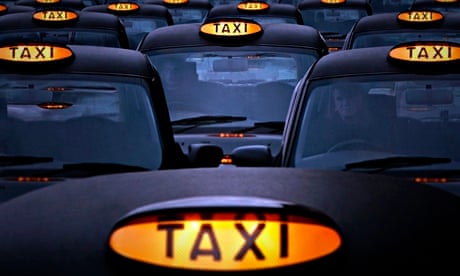

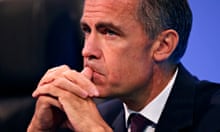


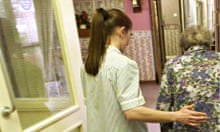
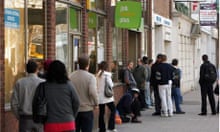

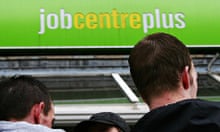


Comments (…)
Sign in or create your Guardian account to join the discussion